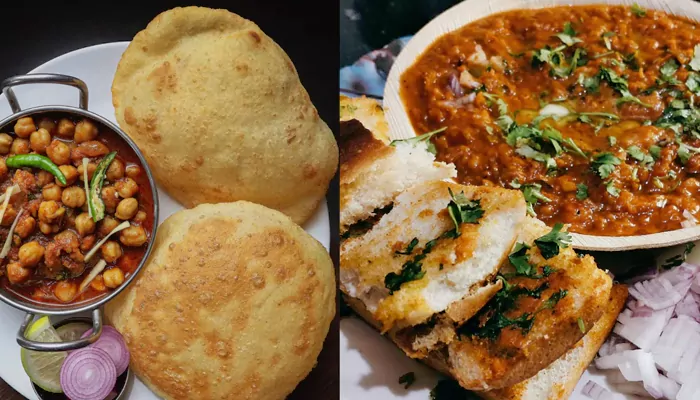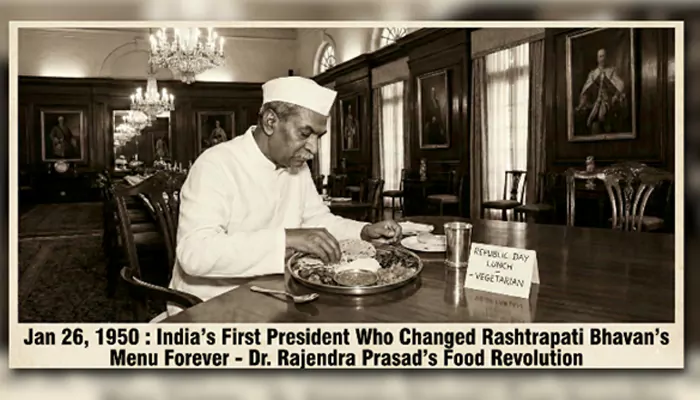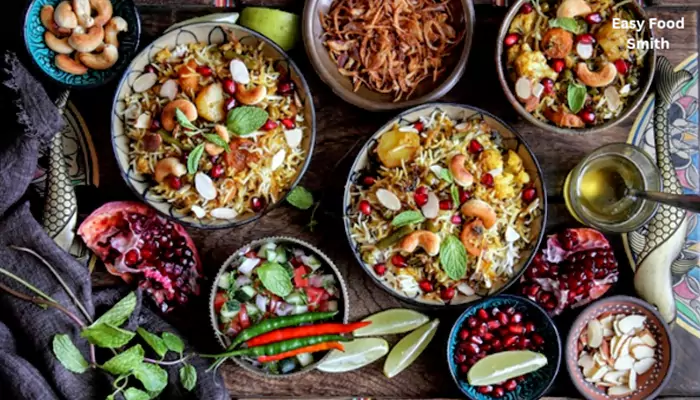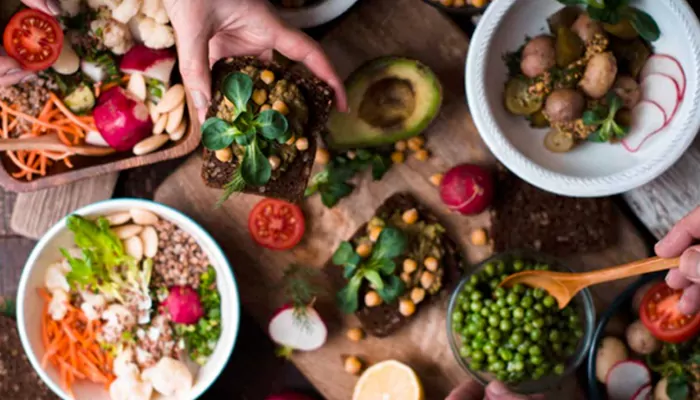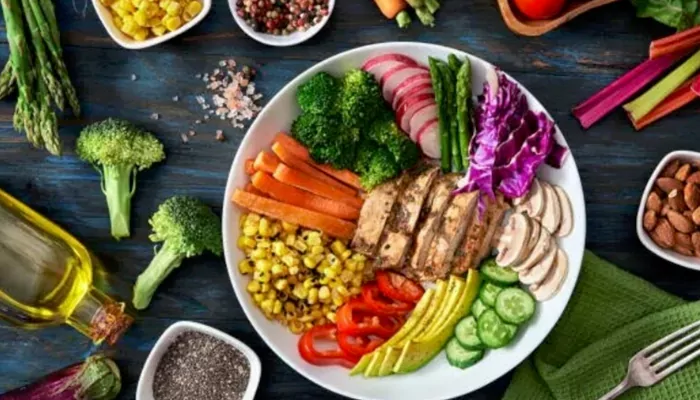
Vegetables are nature's powerhouses, packed with essential vitamins, minerals, and antioxidants that keep our bodies running smoothly. But did you know how you cook your veggies can significantly impact their nutritional value? While cooking unlocks some nutrients, it can also lead to the loss of others, particularly the "water-soluble" vitamins and some minerals.
The main culprits behind nutrient loss are heat and water. Water-soluble vitamins like Vitamin C and B (especially thiamine and folate) and some minerals leach out of vegetables during boiling, steaming, and stewing. Longer cooking times and excessive water can exacerbate the problem.
Veggies Most Vulnerable are Leafy Greens and Cruciferous Powerhouses
Some vegetables are more susceptible to nutrient loss than others. Here are the top contenders-
Leafy Greens
Vegetables like spinach, kale, and lettuce are champions of Vitamin C and B vitamins. However, these vitamins are destroyed by heat. Boiling can reduce Vitamin C content by up to 50% or more!
Cruciferous Vegetables
Broccoli, cauliflower, Brussels sprouts, and cabbage contain vitamins, minerals, and powerful antioxidants. However, overcooking can significantly reduce their Vitamin C and B vitamin content.
Minimizing the Damage- Cooking Smart, Not Long!
While boiling and stewing might seem like the simplest way to cook vegetables, they can have a significant impact on nutrient content. Here are some tips for cooking vegetables while minimizing nutrient loss:
Believe it or not, microwaving can be a surprisingly good way to cook vegetables. The short cooking time and minimal water usage minimize nutrient loss. Steam your veggies in the microwave with a small amount of water for optimal results.
Stir-frying
This quick cooking method uses minimal oil and retains vitamins and minerals better. Ensure high heat and stir constantly for even cooking.
Sautéing
Make it an option for retaining nutrients similar to stir-frying. Sautéing involves a small amount of oil and short cooking times.
While not the best option for all vegetables, steaming is a good choice for leafy greens and cruciferous vegetables as it exposes them to minimal water and heat.
Roasting vegetables brings out their natural sweetness and caramelizes some sugars, but be mindful of the cooking time. Higher temperatures for a shorter duration will help retain nutrients.
Don't Forget Raw Power!
While cooking can lead to some nutrient loss, many vegetables are perfectly safe and delicious and eaten raw. Salads packed with leafy greens, sliced peppers, and cherry tomatoes are a great way to maximize your vitamin and mineral intake. Additionally, consider incorporating raw vegetables into dips and sauces for flavour and nutrition.
Beyond Cooking: Storage Matters Too!
The way you store your vegetables also plays a role in nutrient retention. Here are some tips-
Store in the Refrigerator
Keep vegetables cool and prevent them from spoiling, which destroys nutrients.
Wash Right Before Use
Washing vegetables removes surface dirt but can also leach out some water-soluble vitamins. Wash them just before consuming or cooking.
Cut Just Before Cooking
Cutting vegetables exposes them to air, which can accelerate nutrient loss. Don't pre-chop vegetables unless necessary.
Vegetables are a vital part of a healthy diet, and while some nutrient loss occurs during cooking, it shouldn't deter you from including them in your meals. By employing modern cooking techniques like microwaving, stir-frying, quick roasting and incorporating raw options, you can maximize the nutritional benefits of these dietary all-stars. Remember, variety is key! Explore different cooking methods and add raw vegetables into your diet for a well-rounded approach to veggie power.

